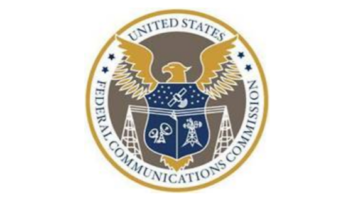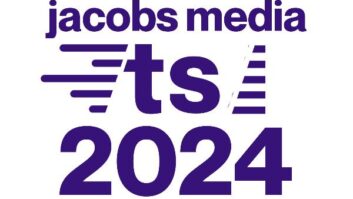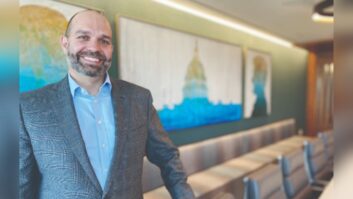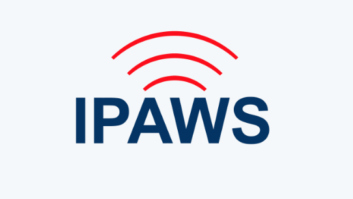A Florida FM station’s CP extension request was denied after the station failed to properly prove its construction efforts were impeded by Hurricane Michael.
Back in May 2015, the Federal Communications Commission granted a construction permit to Florida Community Radio, permittee of WRBD(FM) in Horseshoe Beach, Fla., for a three-year-term expiring in May 2018. In April of that year, FCR filed a request to extend the date of its construction permit deadline by arguing that construction was delayed due to Hurricane Irma in September 2017. Also, due to the FCCs recent elimination of the main studio rule, FCR argued that it no longer would be required to build a main studio in Horseshoe Beach. Instead, it requested to apply for a studio-to-transmitter link license to deliver content from its new main studio location to the transmitter site. The Media Bureau agreed and extended the waiver of the construction permit by six months to November 2018.
[Read: FCC to Two AM Licensees: Pay Fees or Nixed Licenses Could Be Next]
Then came hurricane Number 2. In October 2018, FCR requested a second tolling based on construction delays caused by Hurricane Michael, which landed near Horseshoe Beach in October 2018. The bureau granted that request and extended the permit another six months.
FCR then asked for additional construction time to perform a structural analysis through a Request for Extension for Tolling. The station wanted to perform an analysis to determine whether to place its power lines underground instead of on a power pole and to determine the impact of a future storm on the station’s antenna.
But before agreeing, the Media Bureau asked for more specific information regarding construction delays. It wanted to see a direct connection between Hurricane Michael and the permittee’s inability to construct the station. But according to the bureau, no detailed information was forthcoming from FCR.
As a result, the bureau denied additional tolling for FCR to conduct the requested studies.
The reason? The bureau said that FCR failed to demonstrate that delay in construction was directly related to the prior storm. It also said that any electrical service studies should have taken place earlier. Plus, the bureau noted that any type of Act of God encumbrance, like a hurricane, only applies when the permittee can demonstrate that construction progress was impossible.
In a follow up response, the licensee said — for the first time — that Hurricanes Irma and Michael prevented construction of the station because they created long wait times for contractors to construct the facility. But the lateness of that response led to the bureau dismissing the petition because “it relies on new arguments not previously presented to the bureau,” the commission said.
In addition, the bureau only considers petitions for reconsideration when the petitioner shows either an error in the original order or raises new facts not known or existing at the time. “Here, FCR has neither demonstrated that the [bureau] erred in denying tolling to conduct studies on the effect of future storms, nor provided additional facts that were not known at the time of FCR’s [request].”
As a result, the bureau denied FCR’s petition.












